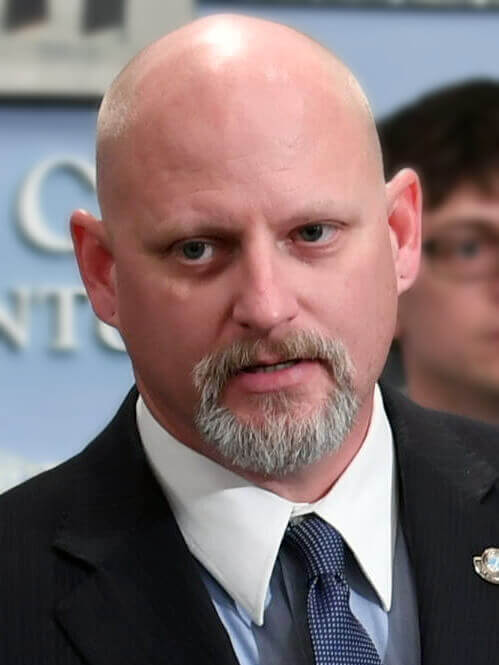In Washington, D.C., EMS workers at a private medical services company – American Medical Response (AMR) – fought to join AFSCME’s District Council 20 to secure better scheduling, fairer wages and more respect from management. This March, 200 workers won their election to join AFSCME.
One of those people is Lindsay Washington. For her, being an EMT “is one of the most challenging and rewarding things that one can do” because of how it benefits others.
“With this job I can help people,” she said with pride.
In Arizona, three major emergency medical services operations, also owned by AMR, have voted to join EMS Workers United-AFSCME Local 2960. Those EMS workers dealt with all-too-familiar challenges: extended, erratic hours, cuts to their health care, ambulances in need of repair, and an industry-wide denial of the personal and professional hardships they face.
Indeed, among the most pressing concerns EMS workers face is stress –coping with non-stop trauma day in and day out. All too often, the mental toll EMS workers struggle with gets ignored or minimized. Having to witness tragic occurrences, yet having few outlets with which to process them, as well as receiving little public appreciation, lead many EMS workers to feel isolated.
In California, AFSCME members like Jason Brollini, a veteran paramedic and president of UEMSW/AFSCME Local 4911, are making progress in getting some of these long-running concerns addressed. The EMS Workers’ Bill of Rights, a piece of legislation making its way through the California State Legislature, would curb some of these problems in that state.


